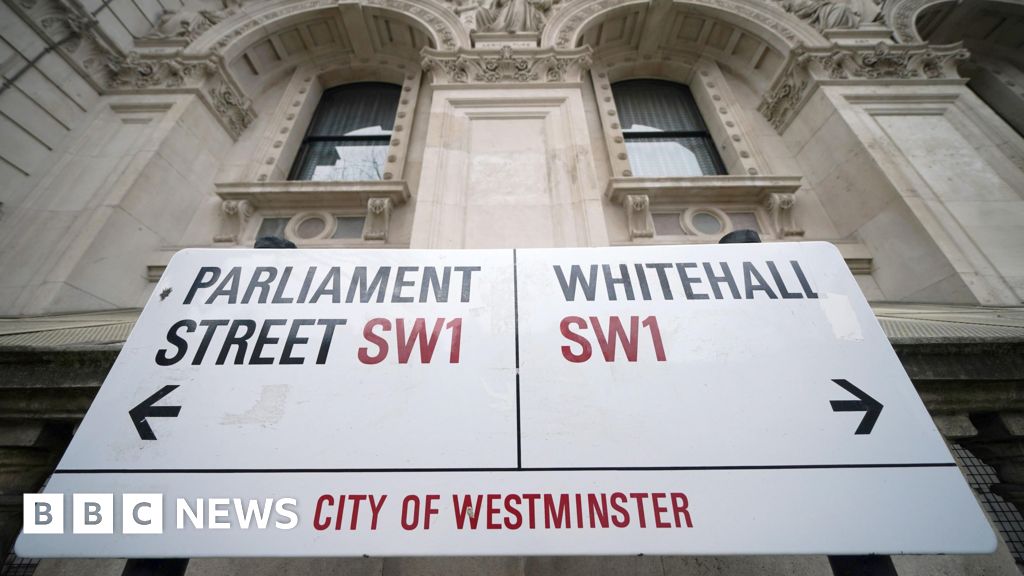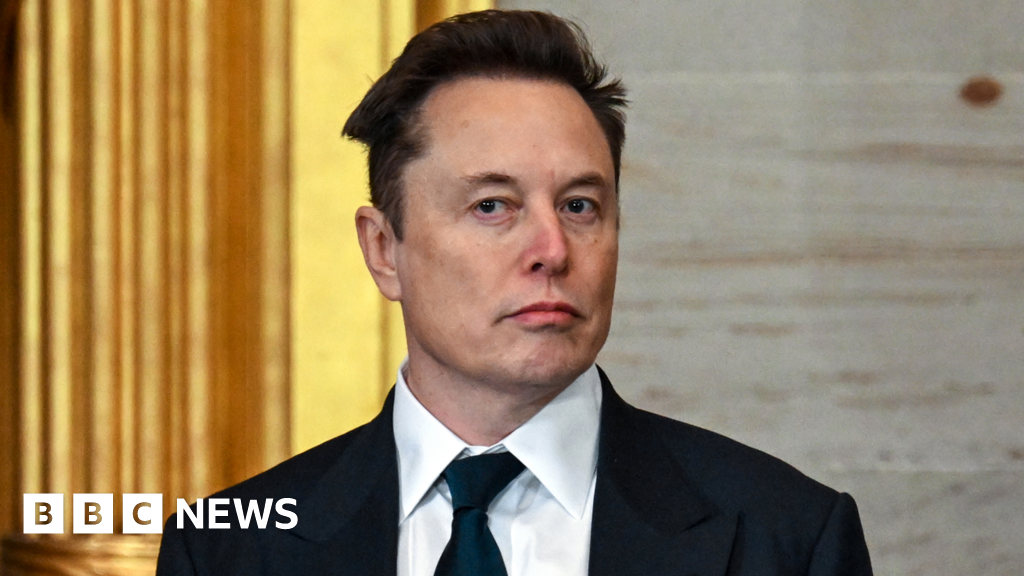WASHINGTON — Donald Trump the president was once Donald Trump the real estate mogul, and in his new term the two roles are starting to blur.
First he targeted Greenland, Canada and the Panama Canal. Now he is eyeing Gaza as America’s next great acquisition.
The tiny strip of land in a Middle East war zone, hard by the Mediterranean Sea, is a potential French “Riviera,” something that would be worth a “long-term ownership position,” Trump said Tuesday night.
Follow live politics coverage here
The remarks, focused on his plan to “own” Gaza, stunned even congressional Republicans.
“I thought we voted for America First,” Sen. Rand Paul, R-Ky., said Wednesday on X. “We have no business contemplating yet another occupation to doom our treasure and spill our soldiers’ blood.”
After having spoken on the campaign trail about the folly of sending U.S. troops into far-flung conflicts, Trump sounded prepared to do just that if the reward was transforming the bombed-out territory into a luxe destination site.
Palestinians cook Thursday amid the ruins of destroyed buildings in the Jabalia refugee camp in the northern Gaza Strip.
But as jarring as Tuesday's announcement may have been, it wasn’t necessarily surprising given Trump's biography. He came of age as a real estate developer, taking the Commodore Hotel in Manhattan and remaking it into the more fashionable Grand Hyatt. His family and social circles include other real estate developers, and his special envoy to the Middle East, Steve Witkoff, was a billionaire real estate executive.
To this day, Trump pays attention to the inherent dollar value of land, be it a parcel or a country.
One condition he is setting on U.S. aid to Ukraine, for example, is that the money be secured by Ukraine's rare earth minerals.
“He is a real estate guy,” Jack O’Donnell, former president of the Trump Plaza Hotel and Casino in Atlantic City, New Jersey, said in an interview. “So, any time there’s [waterfront property] he’s going to say this is a great place to develop.”
That was how Trump saw North Korea in the first term.
“Think of it from a real estate perspective,” he told reporters as he explained how North Korea could become a seaside paradise if only its dictatorial leader would open his isolated country to the West.
Part of his pitch to Kim Jong Un in trying to rid North Korea of nuclear weapons was that the country was a hidden jewel ripe for redevelopment.
In 2018, the White House National Security Council came up with a slick video showing what North Korea could become through a rapprochement with the United States. The montage included images of Miami high-rises overlooking the ocean.
Trump showed the video to Kim on an iPad at a summit in Singapore that year, though he didn’t bite. North Korea retained its nuclear weapons.
“I didn’t expect [Kim] to take it, but we wanted to show him as clear as we could that there was an alternative,” John Bolton, Trump’s former national security adviser, said in an interview.
At the end of the summit, Trump told reporters that he tried to sell Kim on a vision of North Korea as a popular destination spot.
“They have great beaches,” Trump said. “You see that whenever they’re exploding their cannons into the ocean, right? I said: ‘Boy, look at that view. Wouldn’t that make a great condo behind?’ And I explained, I said, ‘You know, instead of doing that, you could have the best hotels in the world right there.’”
Bolton said he didn’t recall Trump ever discussing plans to redevelop Gaza, though other aides studied the idea.
Trump’s son-in-law and senior adviser in his first term, Jared Kushner, helped write a report for a comprehensive Middle East peace plan that explored ways to make Gaza and the West Bank “rich potential tourism opportunities” that would lift living standards.
The report, released in 2020, said that “over 40 kilometers of coastline in Gaza along the Mediterranean Sea could develop into a modern metropolitan city overlooking the beach, drawing from examples like Beirut, Hong Kong, Lisbon, Rio de Janeiro, Singapore and Tel Aviv.”
Kushner spoke about Gaza’s potential last year at an event at Harvard University. Gaza’s “waterfront property,” he said, “could be very valuable if people would focus on building up livelihoods.”
Trump echoed that theme in an interview with talk show host Hugh Hewitt in October, a month before the presidential election.
“You know, as a developer, [Gaza] could be the most beautiful place — the weather, the water, the whole thing, the climate,” he said. “It could be so beautiful. It could be the best thing in the Middle East, but it could be one of the best places in the world.”
A perennial question is whether Trump's pronouncements are sincere or merely a negotiating ploy. His message that the United States will step in and take over Gaza may be the sort of "extreme" position that forces other Middle East countries — Egypt, Jordan and Saudi Arabia among them — to take notice and come up with an alternative solution, said Tarek Masoud, a professor at Harvard's Kennedy School.
"Maybe he's saying, 'If you're not going to do this, I'm going to take ownership of it, and you're not going to like what happens,'" Masoud said.
Still, he added, "when you’re talking about a territory that’s just been subject to a pretty gruesome bombing campaign and has been for the last 17 years or so controlled by a religious mafia — Hamas — maybe talking about moving these people out and developing it into the Riviera is not the best look for the president of the United States."
This article was originally published on NBCNews.com

 German (DE)
German (DE)  English (US)
English (US)  Spanish (ES)
Spanish (ES)  French (FR)
French (FR)  Hindi (IN)
Hindi (IN)  Italian (IT)
Italian (IT)  Russian (RU)
Russian (RU) 





Comments
Get the most out of News by signing in
Sign In Register